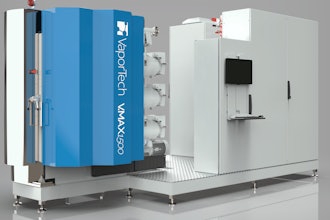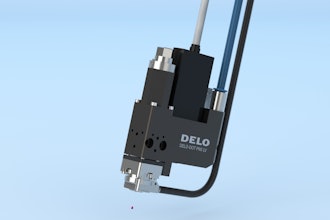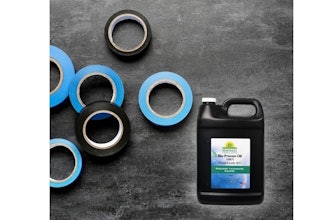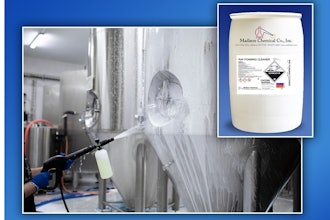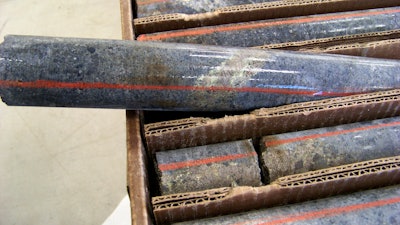
MINNEAPOLIS (AP) — Minnesota officials announced Friday that the state will conduct its own environmental review of a proposed copper-nickel mine, rather than join the federal government’s environmental assessment of the project that some say will pollute a pristine wilderness area.
The Department of Natural Resources said a separate process for preparing an environmental impact statement for the proposed Twin Metals mine near Ely will best ensure a credible and neutral review, an announcement that some project opponents said shows the state does not trust the federal government.
“The credibility and transparency of the EIS process for the proposed Twin Metals project is critical to Minnesotans,” the agency said in a statement. “DNR is committed to ensuring a thorough, scientific, and neutral review of the proposal, based on state law. We believe this will be best accomplished through separate EIS processes at the state and federal levels.”
Environmentalists have warned that the proposed mine upstream of the Boundary Waters Canoe Area Wilderness in northern Minnesota risks catastrophic pollution. They were angered when the Trump administration last year canceled a proposed 20-year ban on mining in the BWCA watershed and renewed mineral rights leases for the proposed mine.
Twin Metals Minnesota says it can mine without harming the wilderness. The company said in a statement that it shares the state’s commitment to an open, transparent and public environmental review process and anticipates a yearslong review once it submits its proposal, which it expects to do before the end of the year.
Sarah Strommen, DNR commissioner, said state and federal agencies have discretion to complete joint environmental reviews in projects that are subject to state and federal environmental laws. She said the state determined a separate process was in Minnesota’s best interest for this project primarily because the federal review is complicated by mineral rights leases Twin Metals holds. Federal agencies need to conduct an environmental review on those leases, but the state doesn’t.
A federal court ruling is expected soon in a lawsuit filed by project opponents challenging the Trump administration’s decision to renew those leases.
In addition, there is some uncertainty about how the federal process is going to proceed, after President Donald Trump issued a 2017 executive order that sets limits on environmental impact statements, including limiting the time in which they can be completed and the length of the finished reports.
The Minnesota Center for Environmental Advocacy tweeted that the federal agency timelines are unrealistic and prevent a full consideration of environmental risks.
Becky Rom, chairwoman of the group Save the Boundary Waters, said the state’s announcement shows Minnesota officials don’t trust a federal review. But she said it would be better to block the project altogether.
“The only way to protect Minnesota's crown jewel is to ban sulfide-ore mining in the Boundary Waters’ Watershed,” she said.
DNR Deputy Commissioner Barb Naramore said if the state and federal reviews are in conflict, one wouldn’t supersede the other, but the state would rely on its review for state permits, while the federal agencies would likely rely on the federal review. The project wouldn’t be able to proceed until it has required all necessary approval at both the state and federal levels.
The Twin Metals project is not nearly as advanced as the proposed PolyMet copper-nickel mine, which is nearby, between Babbitt and Hoyt Lakes but sits outside the Boundary Waters watershed. A joint state-federal environmental impact was completed for that project and PolyMet has all the permits it needs, though some have been challenged in court.












